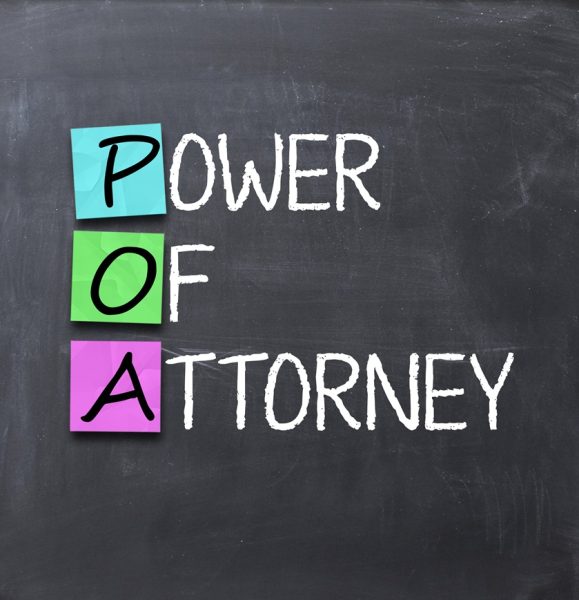 A power of attorney is a legal instrument that a person (the “principal”) creates, allowing a designated person (the “agent”) to make decisions on their behalf. If you are creating or modifying a power of attorney, or if you have been made an agent, it is important that you recognize what rights and restrictions may apply.
A power of attorney is a legal instrument that a person (the “principal”) creates, allowing a designated person (the “agent”) to make decisions on their behalf. If you are creating or modifying a power of attorney, or if you have been made an agent, it is important that you recognize what rights and restrictions may apply.
Types of Power of Attorney
Depending on its purpose and the amount of time it is designed to remain in effect, a power of attorney may take on the following forms:
- General power of attorney – Allows the agent to make personal and business decisions on behalf of the principal.
- Temporary power of attorney – Allows the agent to act on behalf of the principal only within a specified timeframe.
- Special or limited power of attorney – Spells out which specific powers the agent will have.
- Durable power of attorney – Allows the agent to make decisions on behalf of the agent if the agent becomes incapacitated.
- Health care power of attorney – Allows the agent to make medical decisions if the principal loses the capacity to make decisions, such as if they are unconscious or mentally incompetent.
Rights as Power of Attorney
A power of attorney can bestow several types of financial authority on the agent, such as:
- Signing paychecks
- Withdrawing money
- Filing tax returns
- Buying and selling property (real estate, automobiles, etc.)
- Purchasing insurances
- Managing benefits
- Making decisions about stocks
- Hiring professionals for assistance
A power of attorney may also serve as a health care directive that enables the agent to make decisions relating to the principal’s medical care if the principal becomes incapacity. The agent may:
- Discharge the principal from a hospital
- Determine which medical treatments the principal receives
- Decide who may access the principal’s medical records
In some instances, an agent may receive compensation for their services under a power of attorney. However, the power of attorney document should make this arrangement clear.
Power of Attorney Limitations
While a power of attorney does grant an agent many important powers, it is certainly not a limitless document. Under a power of attorney, an agent cannot:
- Execute or change a principal’s will
- Perform a marriage on the principal’s behalf
- Transfer their powers to another party
- Violate their fiduciary duty to serve the principal’s best interest
When selecting a power of attorney, it is always important to be sure you are choosing someone who is as trustworthy as possible. Otherwise, you put yourself at risk of having your assets or your health mismanaged.
Power of Attorney After Death
A power of attorney agreement lasts only as long as the principal is alive. Upon their death, the person who is named as executor in the decedent’s will becomes responsible for the financial matters of the estate.
Contact an Experienced Brandon Will and Trust Lawyer Today
If you wish to create or modify a power of attorney, you’ll want to be certain that your document satisfies all legal requirements. An experienced Brandon Will and Trust lawyer will be able to ensure that the arrangement you create does not lead to unnecessary complications at some point down the line. If you need assistance getting started, contact our law firm at (813) 438-8503 to schedule a consultation.
